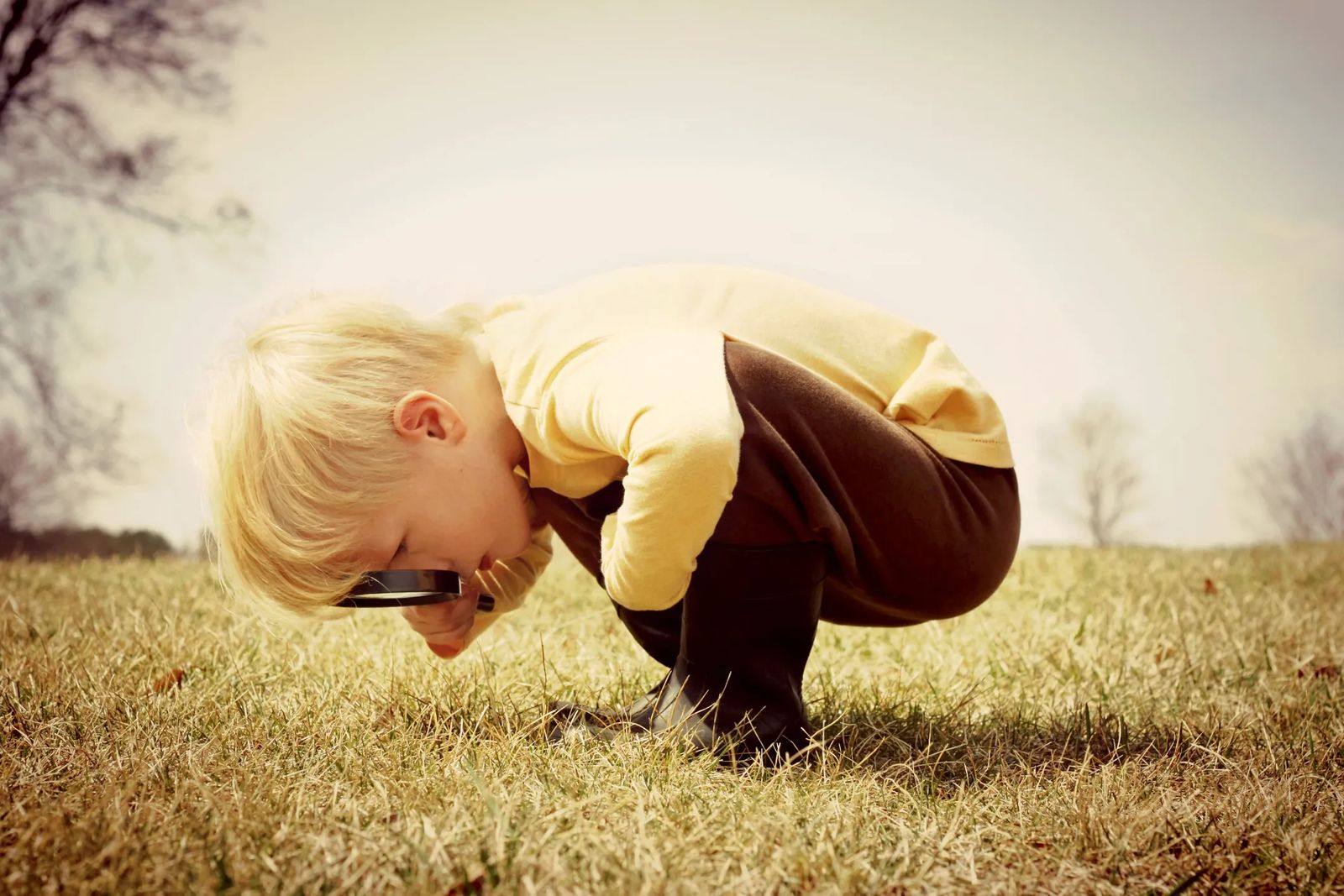Diez razones para llevar la sabiduría de Montessori a casa
Probablemente haya oído hablar de Montessori. También es posible que sepa que Montessori es un enfoque educativo basado en las etapas naturales de desarrollo del niño. Pero ¿sabía que el profundo conocimiento de Montessori del funcionamiento interno de la mente, el cuerpo y el espíritu en crecimiento del niño puede aplicarse en casa? La educación de su hijo empieza en casa, mucho antes de que ponga un pie en su primera clase. Y ustedes, sus padres, abuelos y familiares, son los maestros más importantes que su hijo tendrá jamás.


"Los padres tienen en sus manos el destino de sus hijos". ~ Mary Ellen Maunz
No hace falta ser maestro de escuela para beneficiarse del aprendizaje de los fundamentos del método Montessori. De hecho, aquí tienes diez razones para llevar la sabiduría de Montessori a tu casa:
10.) Los padres (o quienes ocupan el lugar de los padres) son realmente los primeros y principales maestros de sus hijos. Su hijo está aprendiendo y creciendo cada minuto de cada día desde el momento de su nacimiento (algunos dicen que incluso antes). Así que, ¿por qué dejar lo bueno para la escuela? Cuando entiendas cómo se desarrolla realmente tu hijo (mental, física, emocional y espiritualmente), sabrás cómo satisfacer sus necesidades de desarrollo.

9.) Su hijo florecerá académica, física y emocionalmente cuando se reconozcan y satisfagan sus necesidades individuales de desarrollo. Además, el niño satisfecho tiene muchas menos probabilidades de sentirse frustrado, lo que a su vez se traduce en menos rabietas (u otros arrebatos causados por la frustración) en casa.
8.) Para satisfacer las necesidades de desarrollo de su hijo, debe ser capaz de reconocer lo que Montessori llamó "períodos sensibles". Los períodos sensibles son ventanas de oportunidad en el desarrollo durante las cuales el niño puede aprender conceptos específicos con mayor facilidad y naturalidad que en cualquier otro momento de su vida. Sólo sabiendo qué esperar (y cuándo) podrá anticiparse a las necesidades de su hijo y proporcionarle lo necesario para satisfacerlas. Por el contrario, si se desaprovecha la oportunidad de los periodos sensibles, nunca más podrá recuperarse.

"Un periodo sensible es un fuego ardiente de interés por algo, durante el periodo de tiempo en que un niño adquiere una nueva habilidad específica". ~ Mary Ellen Maunz
7.) La disciplina positiva, tal como la utilizan los Montessorianos, conducirá a un niño más feliz y seguro. La disciplina es una parte integral del método Montessori, con el objetivo último de enseñar a los niños a autorregularse. De hecho, la forma más importante de disciplina que su hijo debe dominar es la autodisciplina. El enfoque respetuoso de la disciplina Montessori puede (e idealmente debe) permanecer constante en el hogar y en la escuela.
6.) Los niños que aprenden a motivarse internamente tienen más probabilidades de convertirse en adultos de éxito. Montessori entendía que todos los niños nacen con un deseo natural de aprender. Si se le permite seguir sus intereses, su hijo buscará conocimientos adicionales por sí mismo, sin necesidad de motivación externa. Puedes fomentar el impulso interno de tu hijo por descubrir proporcionándole los materiales y actividades adecuados a sus necesidades de desarrollo.
5.) Quieres que tu hijo tenga una autoestima alta, ¿verdad? Pues bien, su confianza empieza por su sensación de logro. Dale a tu hijo el tiempo y el espacio que necesita para "hacerlo por sí mismo". Además, su autoestima se refuerza con actividades que se autocorrigen (en lugar de tener a alguien mirándole por encima del hombro y señalándole los errores). Puedes crear un entorno rico en oportunidades para la autocorrección y el crecimiento personal con una comprensión básica de los principios Montessori.

"Estos niños nos revelan la necesidad más vital de su desarrollo, diciendo: '¡Ayúdame a hacerlo solo!". ~Dra.María Montessori
4.) Desarrollar "habilidades prácticas para la vida" a una edad temprana es otro estímulo para la autoconfianza y la independencia de tu hijo. Y estas habilidades son la base para el aprendizaje de la escritura, el dominio de las matemáticas y otras lecciones más avanzadas.
3.) Su hijo aprenderá a amar el aprendizaje, una lección que le acompañará toda la vida. ¿Y qué padre no quiere que su hijo sienta entusiasmo y alegría por aprender?
2.) ¿Sabías que puedes ayudar a tu hijo a desarrollar una mayor capacidad de atención? Montessori descubrió que incluso los niños muy pequeños pueden concentrarse en una actividad durante un periodo de tiempo prolongado si tienen acceso al tipo de actividades que les interesan en su etapa de desarrollo actual.
1.) Por último, pero no menos importante, está la cultura de cortesía, amabilidad y respeto que impregna todo lo Montessori. Y, sinceramente, ¿no nos vendría bien a todos un poco más de eso en nuestras vidas?
Curso de formación continua Montessori
"Como recibir un manual para padres"
Consulte la información de Contacto para saber cuándo comienza el próximo curso de Desarrollo Infantil. 406-284-2160.
Lo que se aprende en el Curso de Desarrollo Infantil:
- Cómo educar al niño en su totalidad
- Descubrir las verdaderas necesidades del niño
- Cómo controlar/evitar las rabietas de los niños pequeños ¡o a cualquier edad!
- Cómo ayudar a su hijo a encontrar la paz, la armonía y un propósito
- Cómo evitar las luchas de poder
- Descubra los conocimientos esenciales que necesita para guiar el espíritu y la mente de un niño
- Cómo hacer más productivo el tiempo de aprendizaje
No pierda las oportunidades de crecimiento de su hijo - ¡Libere todo el potencial de su hijo!
"Este es el mejor curso de paternidad en línea que he tomado. Es como obtener el Manual para Padres que no vino con mi hijo. Conocer los ciclos de crecimiento y cómo aprenden y absorben la información no tiene precio. Valió la pena mi dinero".
"¡Vaya, ojalá hubiera sabido esto antes cuando tuve a mis hijos!".




















